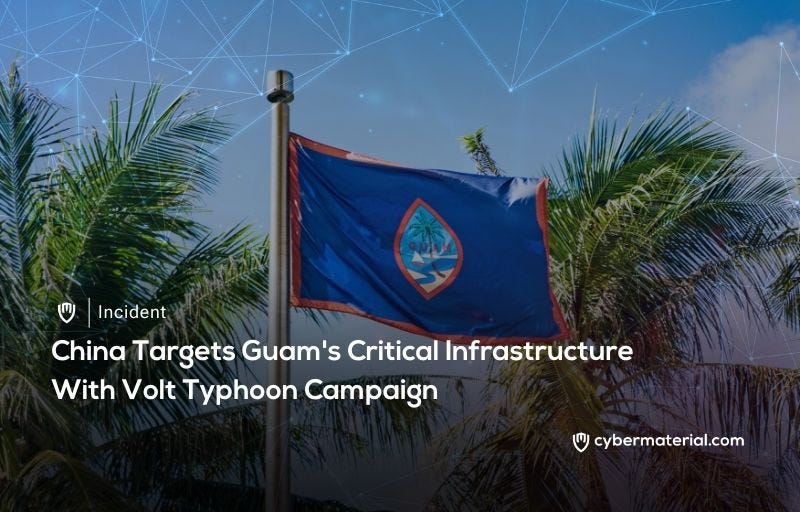
The U.S. government has revealed a Chinese cyber campaign targeting Guam’s critical infrastructure, known as Volt Typhoon. This campaign, designed to disrupt both military and civilian operations in …

The U.S. government has revealed a Chinese cyber campaign targeting Guam’s critical infrastructure, known as Volt Typhoon. This campaign, designed to disrupt both military and civilian operations in …